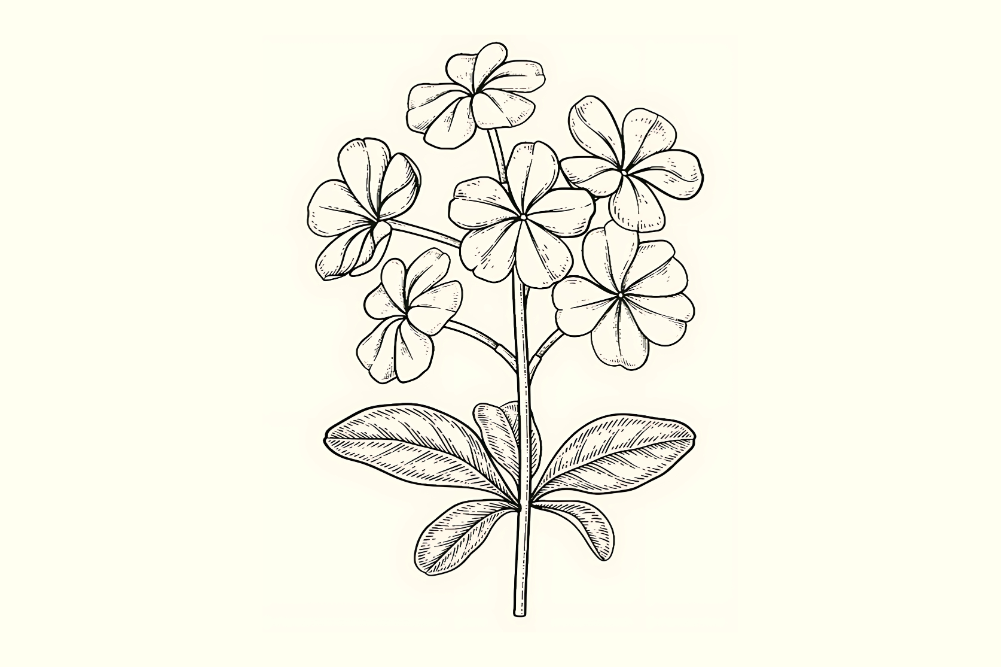Green gifts
When I was eight, I dreamed of having a hundred dogs, a floor-to-ceiling library, a treehouse in the bush and as many chocolates to eat as I wanted.
These days the house is in the bush, though not in a tree; the books stretch not just floor-to-ceiling but across the floor; a single very large “grand dog” is enough and I do eat as many chocolates as I want every day … usually one or two dark choc-coated walnuts dusted with turmeric.
These days, however, I don’t long for possessions. It’s more a matter of getting rid of them — except for plants, which is possibly why I give plants as gifts. But how do you choose a plant that will be loved, and also has a decent chance of surviving once it’s passed to the receiver? Try these much-tested suggestions below.
For the elegant but not green-thumbed friend: A potted cymbidium orchid for their living room or desk. Cymbidiums need little care, bloom for months, look stunningly elegant and only need to be watered now and then and placed in dappled light outside till they flower again next season, with a little watering once a week.
For the friend who loves plants but they never seem to survive more than six months: A potted kentia palm, as large as you can afford, which will range from cheap, cute and tiny to enormous, expensive and magnificent. Kentia’s natural home is clinging onto the rocky slopes of Lord Howe Island’s mountains, so they are practically unkillable. They’ll survive almost anywhere indoors, though the better the light the faster they’ll grow. If they are not watered, they will very slowly turn brown, but recover as soon as someone remembers to tend them. I give our two kentia palms my coffee grounds now and then, which seems to be all the feeding they need. They’ve been pot-bound for at least a decade but are still putting out healthy new leaves and have survived drought and total neglect.
For the cook who is not a gardener: A very large pot filled with the most fragrant thyme you can find (always sniff thyme before you buy) as well as a winter savory plant and a French tarragon — the basis for many delicious meals growing in one pot.
For the cook who already has a thriving herb garden: A red-fruited finger lime. These prickly native darlings give red globules or “vegetarian caviar”, delicious eaten straight from the tree, scattered onto any fish dish or added to a hot or cold soup at the last minute for texture and tartness. They’ll grow in full sun or dappled shade and can be pruned to whatever shape, size or neatness you want — or just left alone to feed whoever passes by. They fruit all year round if well fed and watered, though you won’t get as much fruit in mid-winter in frosty climates.
For a friend who needs some healthful cosseting: A pot with true peppermint for freshly picked and brewed herbal teas, and a ginger mint too, for soothing and invigorating. However, mints can die from neglect, so a good watering should revive the roots and they will shoot again.
For the fanatic fruit-grower: A red mini-banana which will give them finger-sized and delicious fruit but won’t take up much room in the garden. Sometimes a mini-banana is all you need, and the trees are “mini” too.
For the native plant lover: Find a good native nursery, online or one you can visit, and ask for a new and gorgeous hybrid that will suit your friend’s climate — perhaps one of the smaller banksias or correa, not a eucalypt that will grow to 20 metres and drop branches on their car or take up all the backyard.
To show love and sympathy for loss: Either the plant that the loved lost one most adored or a rose, because you can find a rose with a name to suit almost any situation, from “Adoration” to “Prosperity”, and there is even a chance you may find one with the person’s name.
To apologise: A “Peace” rose, which comes in either pink or creamy yellow, as well as in a climbing form so it can wander up the carport wall and not take up much space. Try to find one in bloom: it is hard for even the grumpiest grinch not to smile when they see an open rose, especially one with the sweet perfume of Peace. If they don’t have a garden, or might like the offering on their office desk, give a peace lily, a hardy indoor plant with a gorgeous white bloom that just needs a well-lighted spot and watering now and then to thrive.
The subtle hint rose: Tactfully present a well-grown and very prickly cactus, though make it an attractive one, and even possibly in flower. Add a note that says, “I saw this and thought of you.”
For a child: Try a miniature fruit tree, one that is the child’s own tree and they can choose who eats the fruit. Dwarf nectarines and peaches grow only about 40cm high, fruit the year after you plant them or even the same year and can be covered in anti-fruit fly netting to protect the fruit in the last month of ripening. Dwarf fruits grow well in pots on a patio or in the garden, though a potted dwarf fruit tree can be taken with you when you move house. Make a packet of slow-release plant food part of the gift, too. The trees will need a weekly water in hot, dry times, but otherwise there is no work needed, not even pruning: just feed, water and eat. And if the feeding is forgotten for a few years, they will still give luscious fruit.
For the cat: Cat thyme, or Teucrinum marum, has a scent cats adore to roll in — though once again, sniff before you buy as they have been bred for their thyme-like leaves, growing habit and mauve flowers, not for the strength of their cat-attracting perfume.
For the dog: A tree or even a bush like a grevillea next to the front get. All dogs, male or female, need a place to mark.
For the bed-bound flower lover: Give them a potted “patio” rose that will fit on their window sill or a table by a sunny window, with a bag of slow-release plant food pellets. It will almost always be in bloom and its small, perfect flowers can be picked every day for the bud vase by the bed.
For the bird lover: A selection of salvias or at least three varieties: one that blooms in summer, one for late summer to early winter and another for winter to spring.
Seek and you shall find exactly the right ones … just as when you mooch around a garden centre you will find at least a hundred alternatives to the plants above, and one that is the perfect gift no matter what the occasion.







